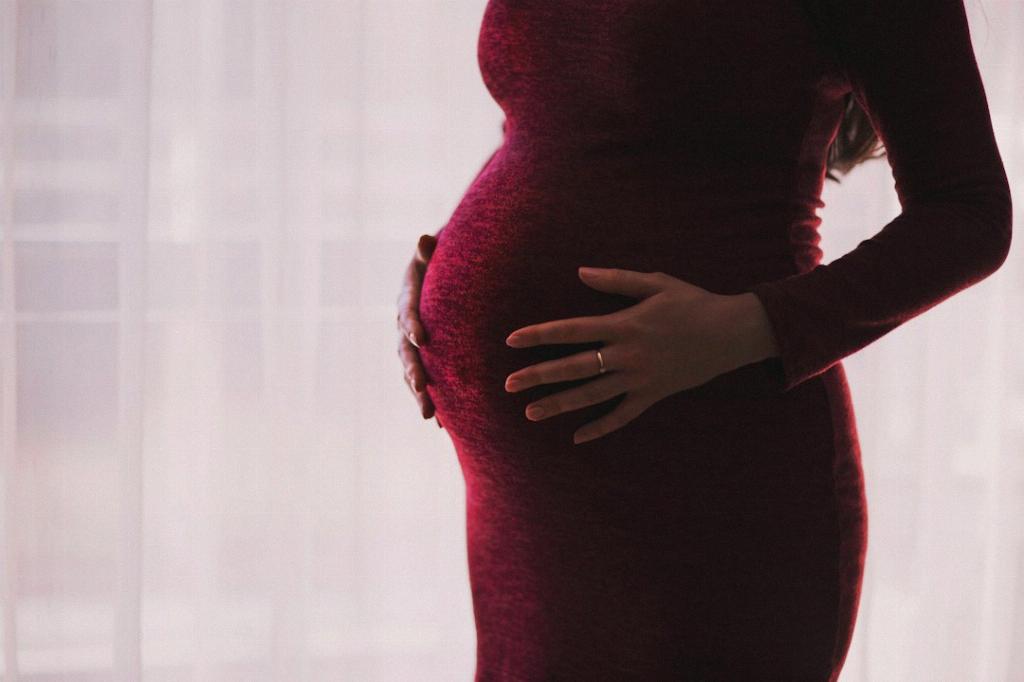When it comes to the topic of alcohol consumption during pregnancy, it’s essential to delve into the specific details of various food and beverage items that may contain trace amounts of alcohol. One such surprising revelation is the presence of alcohol in orange juice.
The Alcohol Content in Orange Juice:
Contrary to popular belief, even seemingly innocent products like orange juice may contain a small percentage of alcohol. In fact, studies have shown that orange juice typically contains between 0.3% to 0.4% alcohol.
Implications for Pregnant Women:
For pregnant women, the presence of alcohol in orange juice raises several important considerations. While the alcohol content in orange juice is minimal, it is still recommended that pregnant women exercise caution and moderation when consuming any beverages that contain alcohol.
Effects on Fetal Development:
Research has indicated that excessive alcohol consumption during pregnancy can have adverse effects on fetal development. While the alcohol content in orange juice is low, it is wise for expectant mothers to err on the side of caution and avoid unnecessary risks.
Safe Consumption Guidelines:
Health authorities recommend that pregnant women adhere to strict guidelines regarding alcohol consumption during pregnancy. Although the alcohol content in orange juice is minor, it’s always best to consult with a healthcare provider to determine the safest options for you and your baby.
Alternative Beverage Choices:
For pregnant women seeking refreshing and non-alcoholic options, there are plenty of alternatives to orange juice that pose no risk of alcohol consumption. Opting for beverages like water, herbal teas, or fresh fruit juices can provide hydration without the concern of alcohol content.
Educating Expectant Mothers:
As part of prenatal care, healthcare providers play a crucial role in educating expectant mothers about the potential risks associated with alcohol consumption during pregnancy. By raising awareness about the alcohol content in everyday products like orange juice, women can make informed decisions for the health of their unborn child.
Addressing Misconceptions:
It’s not uncommon for misconceptions to surround the topic of alcohol consumption during pregnancy. By clarifying the actual alcohol content in orange juice, we can dispel myths and ensure that pregnant women have accurate information to guide their dietary choices.
Personal Responsibility and Awareness:
Ultimately, the responsibility lies with each individual to be mindful of what they consume during pregnancy. By staying informed and exercising caution, expectant mothers can prioritize the well-being of their baby and make choices that promote a healthy pregnancy.
Consultation with Healthcare Professionals:
When in doubt about the safety of consuming certain foods or beverages during pregnancy, it is always recommended to seek guidance from healthcare professionals. They can provide personalized advice based on your specific circumstances and health needs.
Conclusion:
In conclusion, the alcohol content in orange juice, while present in small amounts, is an important factor for pregnant women to consider. By being aware of the potential risks and making informed choices, expectant mothers can prioritize the health and development of their baby throughout the pregnancy journey.

